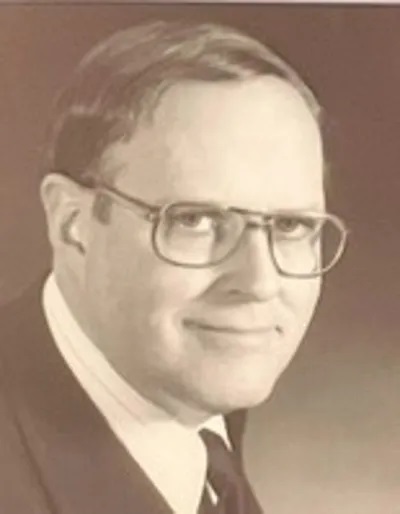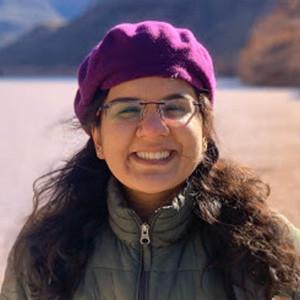In memoriam: Harold Farrell
Harold M. Farrell Jr., a dairy biochemist and a member of the American Society for Biochemistry and Molecular Biology since 1981, died March 27. He was 81.

Born Sept. 5, 1940, in Pottsville, Pennsylvania, he was the son of Marie and Harold Farrell Sr. He received a bachelor’s degree in chemistry from Mount Saint Mary's College of Maryland in 1962. He earned his master’s and Ph.D. in biochemistry from Pennsylvania State University, and then spent a year as a National Academy of Sciences postdoctoral fellow at the U.S. Department of Agriculture's Eastern Regional Research Center in Philadelphia, known as the ERRC. He married Susan Gares during graduate school.
Farrell led the Biochemical Investigation Group and then the Chemistry of Lipids Research Unit at the USDA until 1991. He remained a lead scientist in the Dairy Products Laboratory at the ERRC, studying the chemistry and biochemistry of milk proteins, until his retirement in 2003. Farrell continued to work after his retirement in an emeritus position for about 14 years. He also served on the National Dairy Board.
Farrell is a highly cited researcher in the field of dairy biochemistry. He is particularly noted for his work on milk protein casein. He studied mechanisms underlying the phosphorylation of casein and the effects of temperature and calcium on casein structure. In his later years, he exploited the property of caseins in binding transition metals for use as natural antioxidants in oil-in-water emulsions.
Farrell was a Boy Scout leader, coached his son’s soccer teams, and served on his local library board. He was an active leader in his church and sang tenor in the choir for more than 40 years.
He is survived by his wife; two children, Judith Farrell Northrop and Jonathan Kent Farrell, and their spouses; and four grandchildren.
Enjoy reading ASBMB Today?
Become a member to receive the print edition four times a year and the digital edition monthly.
Learn moreGet the latest from ASBMB Today
Enter your email address, and we’ll send you a weekly email with recent articles, interviews and more.
Latest in People
People highlights or most popular articles

2026 ASBMB election results
Meet the new Council members and Nominating Committee member.

Simcox wins SACNAS mentorship award
She was recognized for her sustained excellence in mentorship and was honored at SACNAS’ 2025 National Conference.

From humble beginnings to unlocking lysosomal secrets
Monther Abu–Remaileh will receive the ASBMB’s 2026 Walter A. Shaw Young Investigator Award in Lipid Research at the ASBMB Annual Meeting, March 7-10 in Washington, D.C.

Chemistry meets biology to thwart parasites
Margaret Phillips will receive the Alice and C. C. Wang Award in Molecular Parasitology at the ASBMB Annual Meeting, March 7-10 in Washington, D.C.

ASBMB announces 2026 JBC/Tabor awardees
The seven awardees are first authors of outstanding papers published in 2025 in the Journal of Biological Chemistry.

Decoding how bacteria flip host’s molecular switches
Kim Orth will receive the Earl and Thressa Stadtman Distinguished Scientists Award at the ASBMB Annual Meeting, March 7–10, just outside of Washington, D.C.

